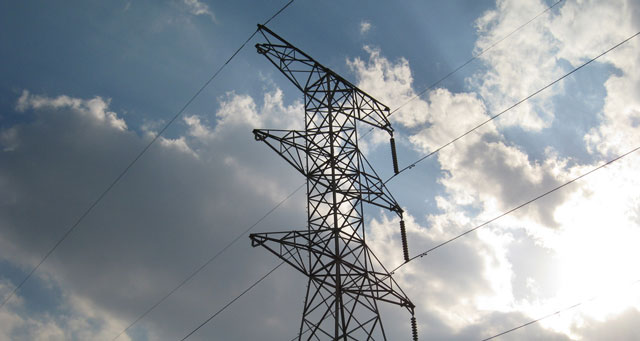
Electricity losses cost the Johannesburg and Tshwane councils jointly about R3,5bn in the previous financial year. These losses constituted almost a fifth of bulk purchases in Tshwane and a quarter in Johannesburg.
Municipalities have to charge paying consumers more to cover the cost of such losses, or risk being left with a deficit.
While Johannesburg’s power utility, City Power, has made good progress in reducing losses, the cost of electricity theft in Tshwane has increased by about 56% in the 12 months ending 30 June 2016.
Acting city manager of Tshwane Lindiwe Kwele blames tampering with its controversial smart meters for the sharp increase in electricity losses.
The city’s Democratic Alliance-led administration recently withdrew its objection to review the application brought by business group AfriSake to have its contract for the roll-out of smart meters with PEU Capital Management reviewed and set aside.
The contract was entered into by the previous ANC-led administration.
Kwele, who served both administrations, does not state in the annual report whether she specifically refers to the PEU-installed meters.
Losses in the City of Cape Town were fairly flat at 11,4% (2015:11,3%).
In its recently approved annual report for 2015/2016, the City of Tshwane states that the national energy regulator, Nersa, set a benchmark of 7% for technical losses on a network like Tshwane’s and 9% for non-technical losses.
In both Tshwane and Johannesburg, the losses are much greater than that.
The City of Tshwane defines non-technical losses as “among others, the result of administrative and technical errors, negligence, theft of electricity, tampering with meters, connections that form part of illegal consumption, and faulty meters”.
Technical losses are defined as “the result of electricity losses while being distributed from the source of generation through the transmission and distribution network to the final consumer, and the wires (copper or aluminium) being used to distribute electricity which resist the throughput of current”.
The cost of Tshwane’s non-technical losses increased by more than 56% to R858m. Even when the effect of the tariff increase is stripped out, the volume increase of about 36% in electricity losses is dramatic. In the previous financial year the cost of non-technical losses was R548m.
The cost of Tshwane’s technical losses increased from R424m in 2014/2015 to R489m in 2015/2016.
Altogether, Tshwane’s electricity losses represented 19,3% of its bulk purchases in 2015/2016, up from 16,1% in the previous financial year.
Kwele states in the report that this is the highest over a period of five years and that the increase is mainly the result of professional theft involving the PEU smart meters. “The meters’ CT and VT ratios were altered to under-read. This prompted the department to undertake inspections of the smart meters.”
She did not expand on the identity of the professional electricity thieves.
Kwele further states that the city is trying to address non-technical losses by installing meter boxes that are closed to tampering, auditing meters, installing smart meters and regular removal of illegal connections.
The city has submitted to Nersa that it would decrease its total losses to 12% by June this year.
The City of Johannesburg has succeeded in reducing its total electricity losses to 23,1%, down from a staggering 29,2% in the 2014/2015 financial year. The majority (13,4%) is the result of electricity theft, at a cost of R1,3bn. This is a reduction from 19,3%, costing R1,7bn in the previous financial year.
Technical losses cost the city R906m, compared to R828m in the previous financial year.
City Power states in its annual report that the reduction follows after switching to automatic meter reading and other interventions, including the replacement of faulty meters, the introduction of an anonymous hotline to report theft, vandalism and tampering and random and targeted audits, followed by the removal of illegal connections and normalisation of supply.
- This article was originally published on Moneyweb and is used here with permission

